The 2023 Most Influential ESG Leaders Share What the Industry Can Do to Achieve ESG Outcomes
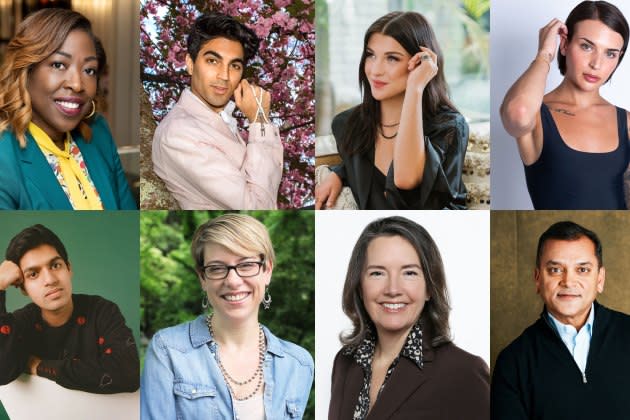
The Retail Influencer Network and The Z Suite, both owned by Berns Communications Group, together with WWD, named a select list of the Most Influential ESG Leaders who excel at developing, implementing and setting ESG goals. They were selected for their leadership and impact in paving the way for significant environmental and social change.
The winners will be featured next week at the Retail Influencer CEO Forum and on the American Eagle Outfitters electronic billboard in Times Square as part of AEO’s Building a Better World journey.
More from WWD
Here, the honorees respond to this question: What are three things that consumers, your company or the industry can do to achieve greater ESG outcomes?
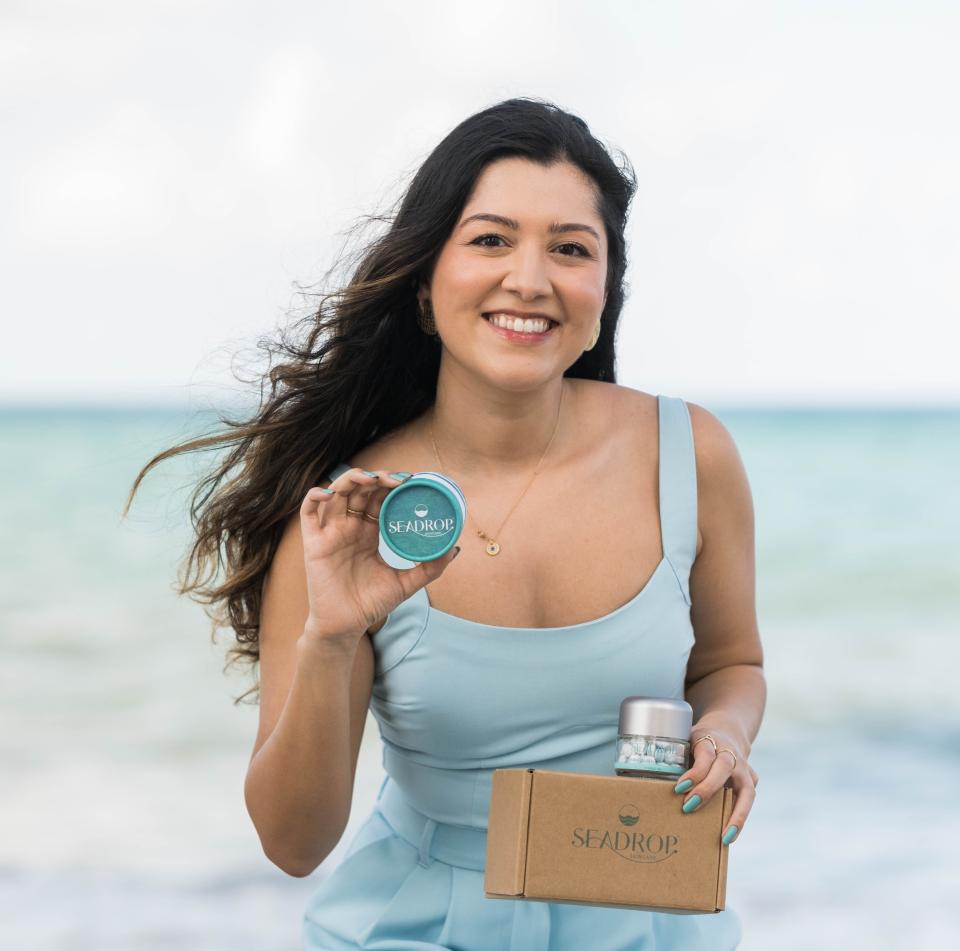
Serena Advani
Founder and CEO
Seadrop Skincare
Consumers, stay curious. Test new innovations as they become available, and support conscious brands when you find products that speak to you. You are the backbone of the beauty industry, and at the end of the day, your support steers where the industry progresses!
Brands, question the status quo. At Seadrop, this involves questioning why skincare has to come pre-diluted with water. We question why self-care has to be so wasteful and plastic-laden. We’re committed to waterless skincare that comes in zero-waste packaging, and our mission began when we started to challenge the status quo of skincare.
Industry leaders, continue to propel ESG both externally and internally within your organizations. We’ve seen momentum around sustainability (in packaging and water usage) and inclusivity (for both shade ranges and DEI) over the last few years, and maintaining that enthusiasm for ESG will help drive the industry forward.

Ziad Ahmed
CEO and Founder
JUV Consulting
We at JUV Consulting come at our work from a place of believing in a democratization of power — of believing that our boardrooms ought to look a lot more like the world we live in, ought to include marginalized voices who are most affected when we fall short of our ESG goals. Further, it is paramount that all organizations create space for diverse young voices to critique, to challenge, and to change cultures, practices, and structures.
I think we can all agree that we must be better than we are today — and to get to a better tomorrow will take a lot of us being uncomfortable, will take all of us being willing to radically reimagine what is possible. It’s, of course, critical that we have metrics to measure our success as we seek to protect people, planet, and purpose in everything that we do — but it’s also necessary for us to approach this work with the clarity/candor/courage it demands. We need to know our “why” and live it in every decision we make as business leaders, not just in the marketing campaigns we run.

Saad Amer
Climate Activist, Founder and CEO
Justice Environment
Consumers have a growing consciousness of sustainability and are using their voting and buying power to shift industry trends. Companies must stop responding with greenwashing. The industry needs to move away from vague, distant commitments and move towards actionable steps towards climate action. Industries must get better at accounting for their environmental impacts and take into account the full implications of supply chains and human rights in their production processes.
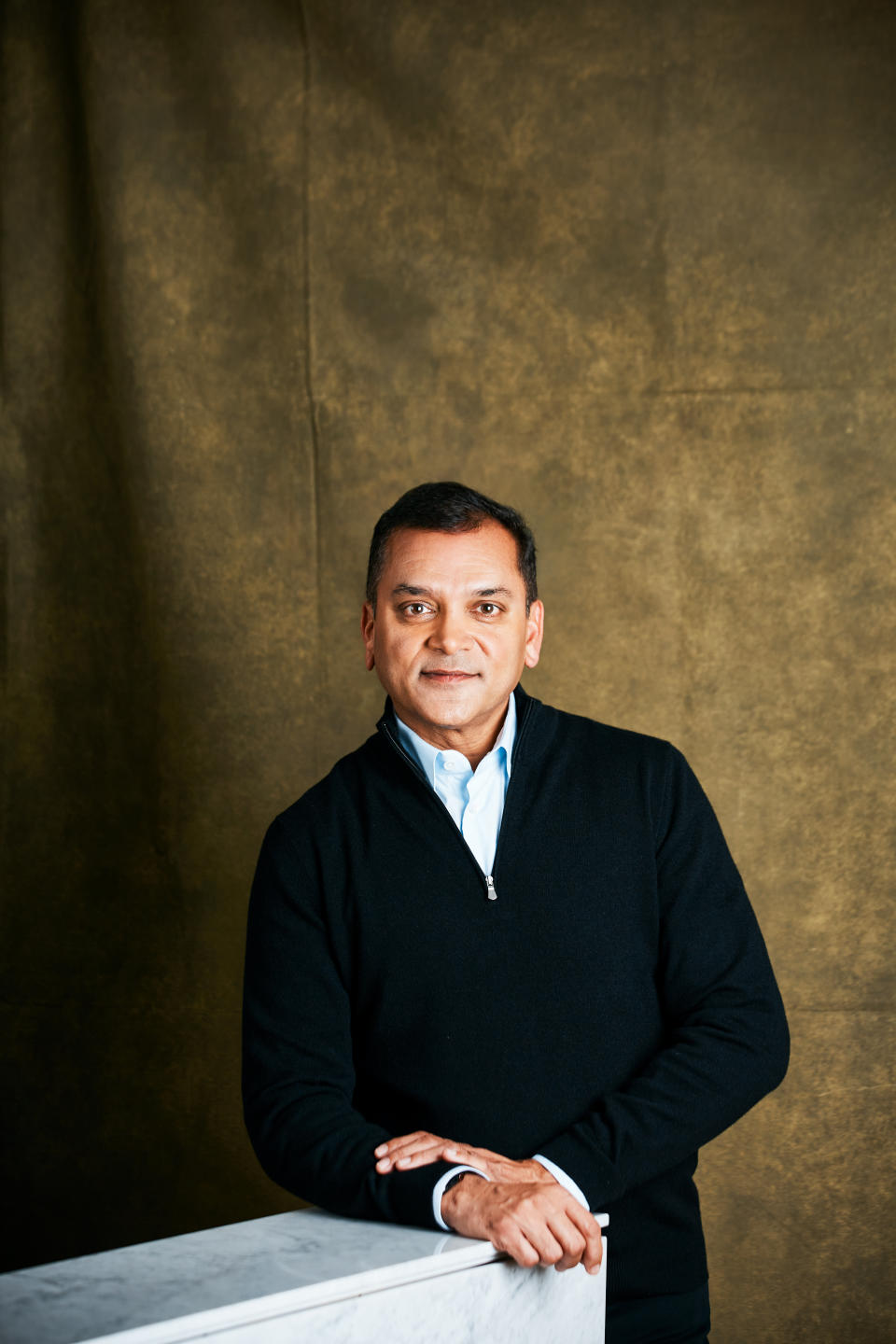
Tarang Amin
Chairman & Chief Executive Officer
E.l.f. Beauty
Leading with positivity, inclusivity and accessibility achieves impactful ESG outcomes. It starts with being purpose-led and representing the diverse community that we serve. We are one of only four publicly traded companies (out of 4,200) in the U.S. with a board of directors that is two-thirds women and one-third diverse. We strive to do the right thing for people, the planet, and our furry and finned friends. We lean into our superpowers of bringing premium quality products at accessible prices that are clean, vegan, cruelty-free and Fair Trade-certified. As the first beauty company with Fair Trade-certified facilities, promoting sustainable livelihoods and safe working conditions for factory workers, we hope to set a new standard in the beauty industry. And with a commitment to reducing our environmental footprint, we are committed to changing the world around us and impacting positive change.

Jake Bjorseth
Founder and CEO
Trndsttrs
One is to put young people in positions of true decision-making and influence. For consumers, they need to understand the value of their dollar and digital influence as a consumer. Refuse to settle for brands and corporations that don’t align with your own morals and values. For the industry, cut the talk and take action. The mission statements, press releases, and ad campaigns are meaningless — and will be exposed inevitably for what they truly are. ESG is not a cost center, but an opportunity to align more deeply with your consumers.
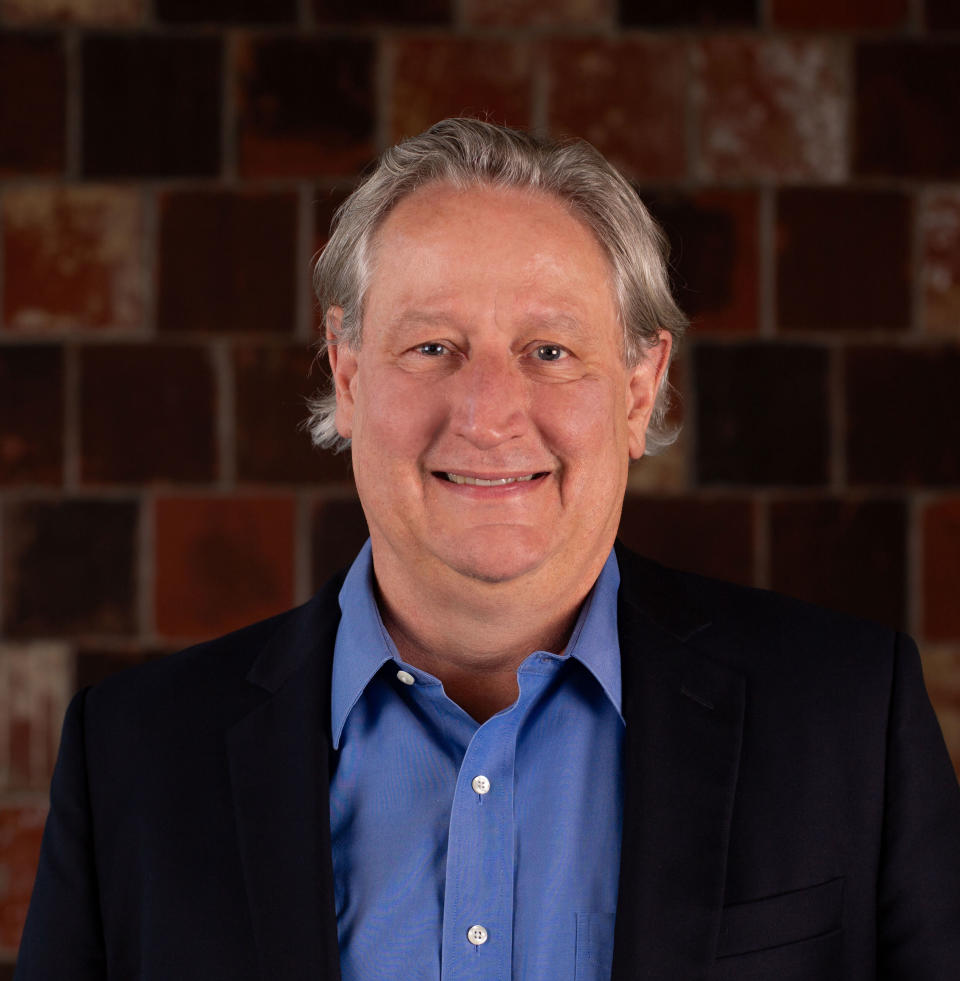
William C. Caldwell
Chief Development Officer
Edens
We should all recognize that we are stewards of our community and the planet and we should strive to make an impact, however small. Our legacy is making the world a better place for the next generation. This can be achieved through humility, kindness and respect for people and our planet.

Kerry Docherty
Founder and Chief Impact Officer
Faherty Brand
I deeply believe that one’s personal life and our professional lives are inextricably tied, meaning who we are as people (aka our wounds and dreams) translates to who we are at work. As a founder and CIO, I know that I will be a successful leader if I am living my values out loud in terms of where and how we spend money as a company, how we choose to treat people and the environment, and how we hold ourselves accountable. As Maya Angelou states, “when you know better, you do better,” and all of us must commit to doing better.
One thing to do to improve ESG outcomes is to lean into what makes you feel good and do more of that (I promise treating the environment better and living by your values makes you feel better). Another is to grow things! On your kitchen counter, in an apartment pot, or in a garden. Get your hands dirty and connect to the earth and watch how it shifts your overall mindset. (This goes to composting, too). Something else to consider is to do internal work: our wounds are the earth’s wounds, which is to say when we don’t feel like we’re enough or know how to be content or how to rest, our productivity obsession leads us to disconnect, prioritizing convenience and stuff and money more than our own bodies. And this ends up hurting Mother Nature, too.
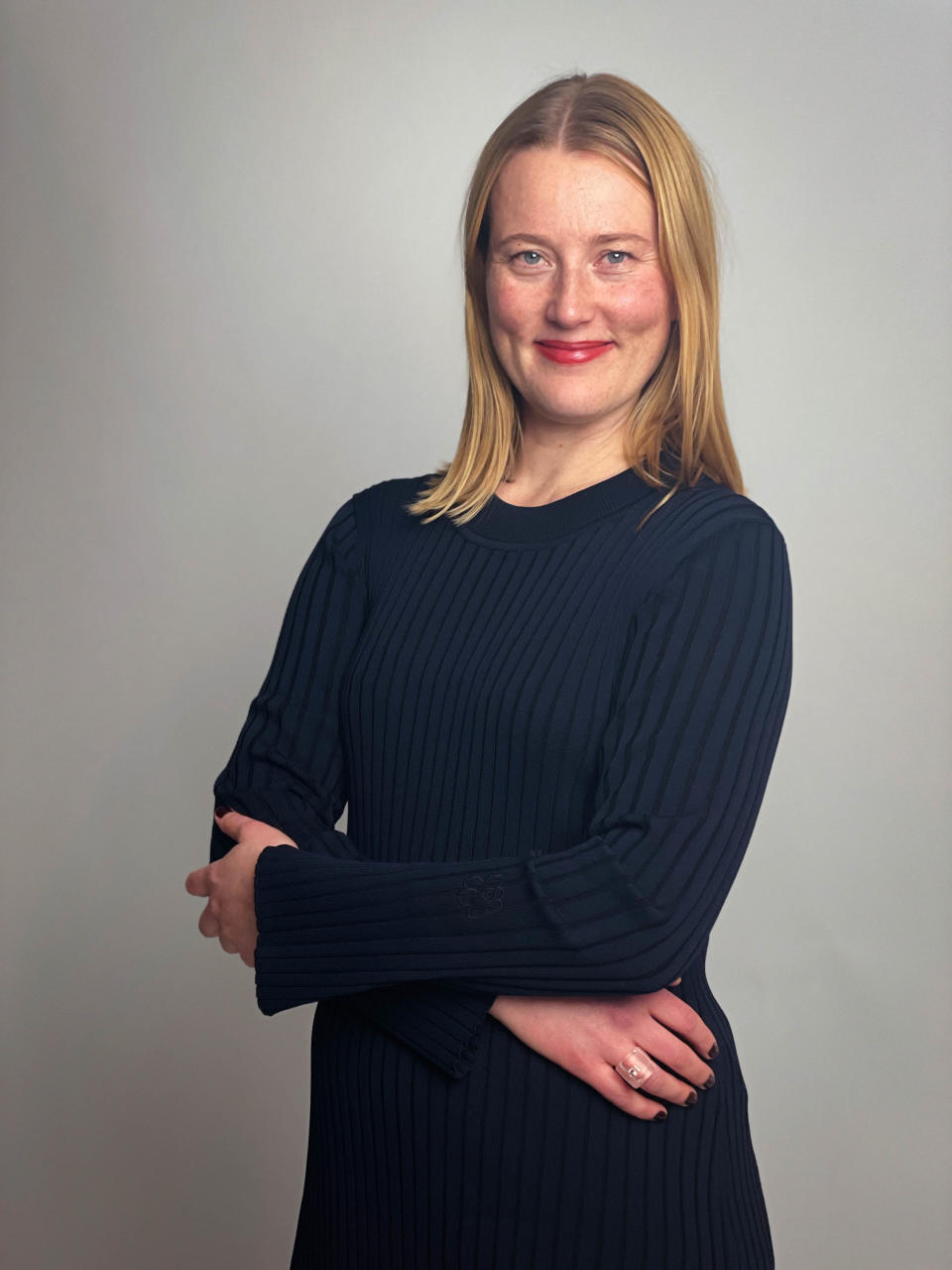
Suvi-Elina Enqvist
Head of Innovation Works
Marimekko
Three things to improve ESG outcomes:
Nordic design values matter. Thoughtful design has always been a central value at Marimekko. We need to extend and adapt this same thoughtful design process into the circular era. Design determines 80 percent of a product’s circular potential and environmental impact, including issues surrounding mono-materials, hardware use, recyclability, and dismantling.
Develop cross-industry collaboration. The E.U. is developing a raft of legislation that will require greater corporate responsibility and transparency for the entire life cycle of products. By getting ahead of this forthcoming legislative sea change, not only do companies remain at the forefront of what it means to be sustainable but have an opportunity to forge new and collaborative relationships for sustainable growth. No one company is going to be able to do it alone.
Encourage new consumer behaviors. Consumers are becoming more open to alternate venues for buying and selling clothing and lifestyle products, including re-sell platforms, peer-to-peer sales, care and repair opportunities and rental. Companies should take advantage of every new venue, both online and offline.

Keelin Evans
VP of Sustainability
Macy’s Inc.
In addition to developing our sustainability practices for more than a decade, Macy’s, Inc. listened to our customers and created our social purpose platform, Mission Every One, to deepen and accelerate our existing commitments. This framework addresses challenges facing our society to meet the expectations of our colleagues and customers and helps to create a more equitable and sustainable future.
By embedding sustainability across our enterprise and our global value chain, we’re taking the thoughtful and necessary steps to curate and create sustainable products and services so people and planet can thrive together.

Amy Fisher
CEO
Lola
From an environmental perspective, I have always taken into consideration the impact that a decision will have on the environment — like packaging and materials options, using manufacturers that uphold certain standards, or even printing a document. This year, we partnered with the Arbor Day Foundation to plant trees to put back in the earth what we took out of it for our packaging. We will be planting three times the number of trees this year that were used to make our packaging. We aren’t 100 percent but we do weigh all the considerations and try to make the best choices.
From a social perspective, Lola has always taken an active role in advocating for women’s rights as it relates to their health issues from donating millions of products to help combat period poverty to speaking with local governments to supporting marches and initiatives to help reduce the Pink Tax, and even just providing unbiased information so woman can make informed decisions.
From a governmental perspective, I was fortunate to represent Lola and other feminine care brands on the New York City mayor’s task force for his female healthcare initiative. I do believe that change will happen and it starts at a local level so I am personally committed to help where I can so all women in New York City have access to the healthcare they need.

Phoebe Gates
Women’s Health Activist
Co-Founder of Phia
No company or industry can afford to look away when millions of women have had the freedom to make choices about their health and future taken away.
Companies must look at their whole supply chain and ensure that the healthcare they and their suppliers provide employees includes information to support their reproductive health. As freedoms are taken away, they can go even further. I’ve been so inspired to see several companies committing to reimburse employees and their dependents for travel and accommodation costs when seeking healthcare services, including abortion.
As consumers, we can make purchases that reflect our values by supporting companies that support women’s health or who apply other positive social impact and sustainable practices across their business. We can support community-based groups through online support, donations, or in-person assistance that hold companies and industries to account for their ESG commitments.

Emily Gittins
Co-founder and CEO
Archive
For consumers, it’s simple really:
Buy high-quality, durable products that last
Choose secondhand over new wherever possible
Look after your stuff — repair and reuse
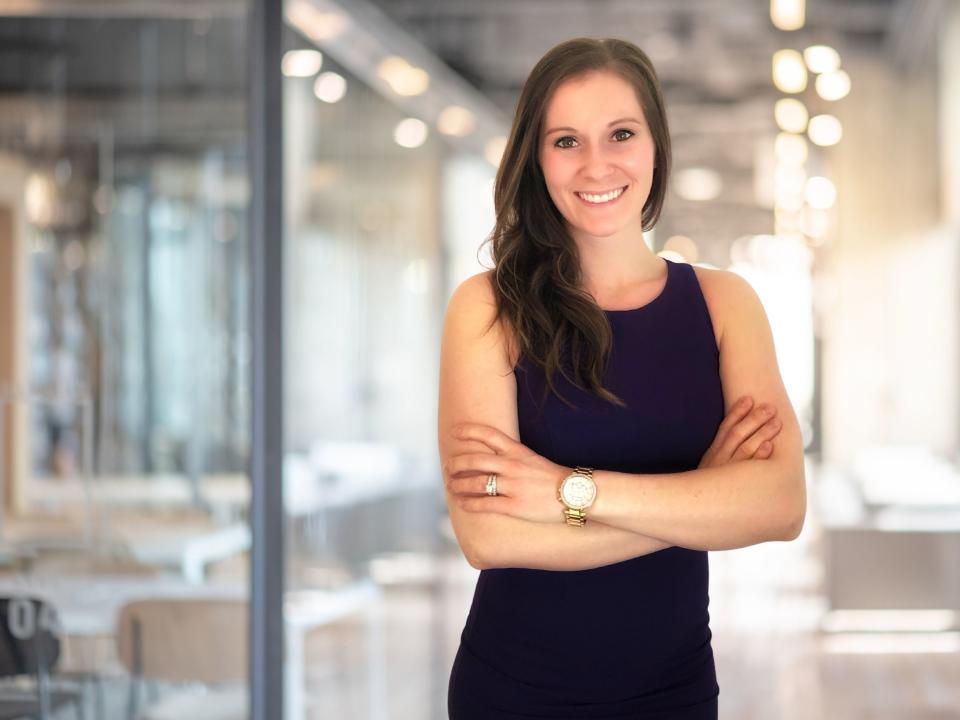
Karly Gramlich
Founder and CEO
Upper District
Involve everyone throughout the entire organization, rather than simply delegating a department.
Screen and ensure your suppliers, community, and partners adhere to codes, standards and global commitments that are specific to your industry.
Identify two to four United Nations Sustainable Development Goals (SDGs), and apply creativity and innovation to solve sustainable development challenges. Successfully achieving the goals relies heavily on collective initiatives and dedicated collaboration. The SDGs Upper District focuses on are: Achieve gender equality and empower all women and girls and ensuring sustainable consumption and production patterns.
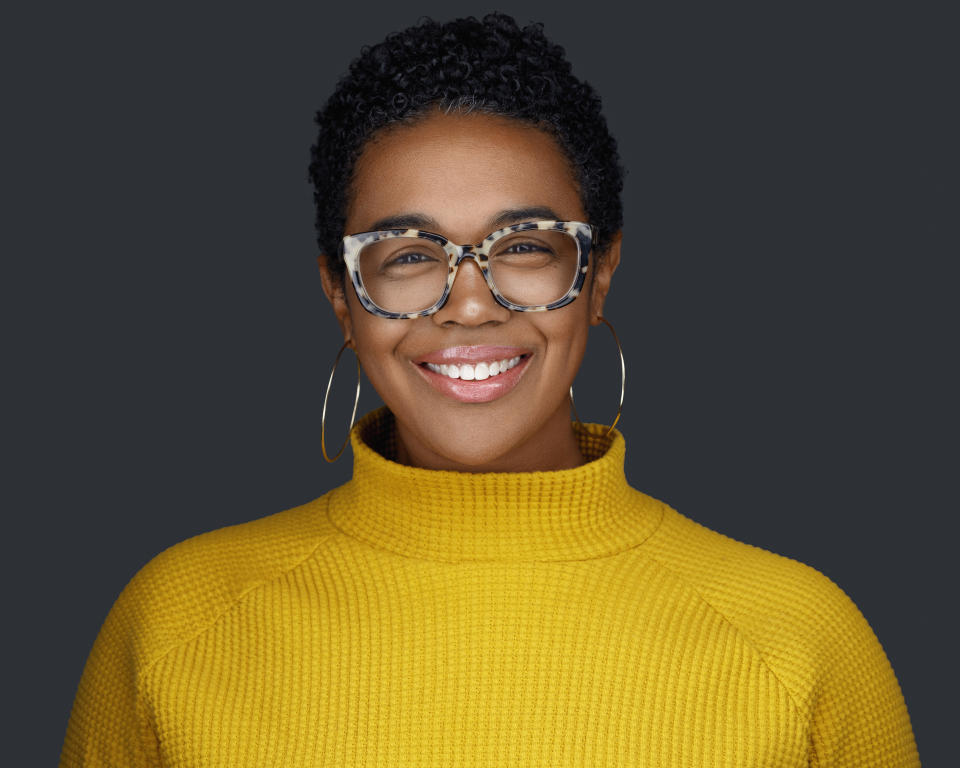
Lauren Guthrie
Vice President of Global Talent and Inclusion, Diversity, Equity & Action (IDEA)
VF Corp.
ESG is a powerful tool to drive corporate mobilization in support of the greatest challenges facing our planet and global societies. However, for us to drive towards real and sustained solutions, consumers need to continue to vote with their dollars and support companies who are not only talking about the work, but consistently demonstrating their commitment through action. Companies need to set clear and measurable goals that address root causes and ensure key initiatives are integrated into growth strategies. The industry at large needs to continue to unite in solidarity to leverage our collective intelligence to support solutions at scale. No single entity can solve the challenges elevated through ESG strategies alone. But we can come together in support of aligned values, and with commitment to aligned actions.
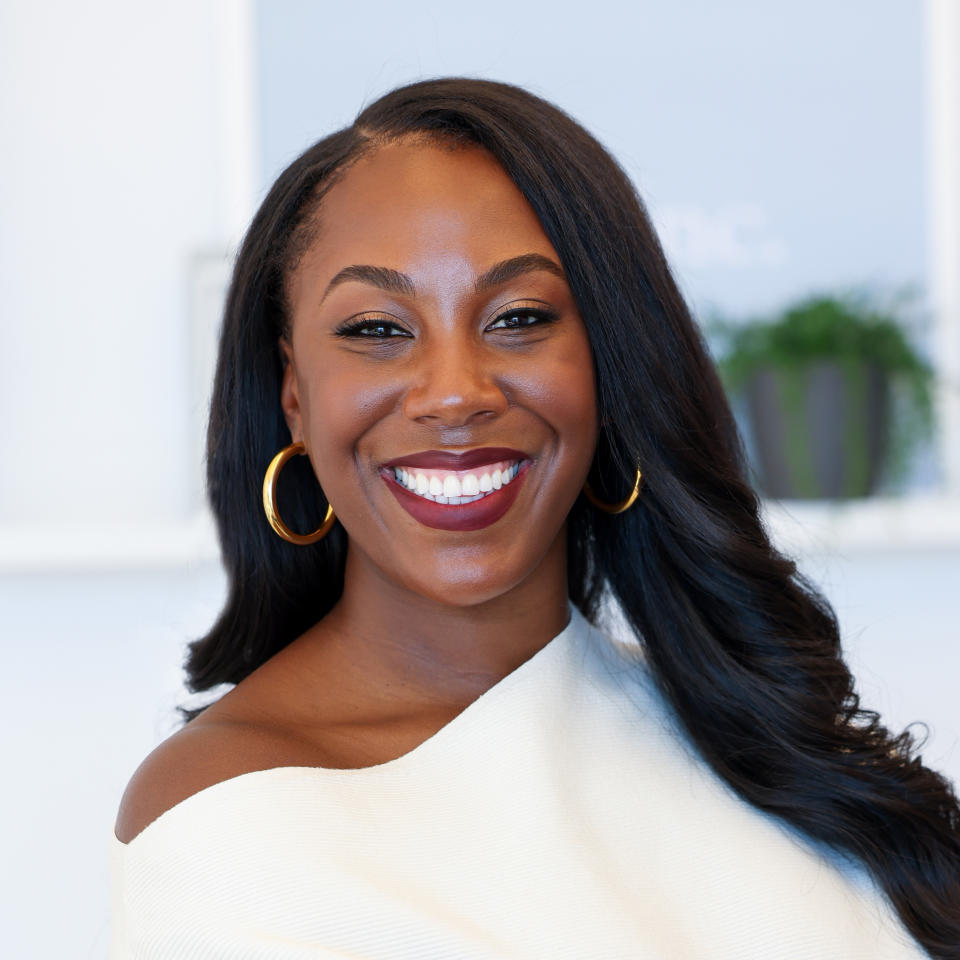
Bahja Johnson
Head of Equality and Belonging
Gap Inc.
Study the system – and then break it. To be the most effective in our field, you must be a student of the business. ESG work is often seen as sitting outside of the business, but in reality, we enable it. To pursue opportunities, we must understand the landscape – this allows us to be more dynamic innovators and more strategic disruptors.
Operate from a place of authenticity. To ensure all customers feel seen and valued, companies must be intentional about doing so in a way that authentically reflects their internal DEI culture, external brand vision, and what’s most important to the communities they serve. At Gap Inc., we devised a concept called the “Authenticity Equation,” a practical approach to inclusive decision-making that tests three components of authenticity: being considered, connected and consistent. Leveraging this framework allows us to create more inclusive products and initiatives.
Share accountability. Long-term, sustainable ESG impact is only achievable when accountability is shared across the organization. DEI and sustainability team aren’t solely responsible for progress; all leaders must take ownership for driving ESG outcomes.

Sophia Kianni
Co-Founder
Phia
Conscious Consumption: Consumers can drive change by choosing to support sustainable fashion brands that prioritize ESG standards. This demand will encourage more brands to follow suit.
Transparency and Accountability: In the fashion industry, adopting transparent supply chain management is key. This involves auditing raw material sourcing, manufacturing processes, and labor conditions, thereby making ethical and sustainable practices non-negotiable.
Collaboration and Policy Advocacy: Industry-wide efforts can significantly magnify impact. Brands can collaborate to share best practices and resources for sustainability. Additionally, advocating for policies that mandate ESG compliance can institutionalize sustainable practices.

Alice Kim
Founder and CEO
PerfectDD
At PerfectDD, we continue to redefine beauty standards to normalize fuller busts and celebrate body size inclusivity. We are a proudly AAPI-female-owned brand, committed to diversity from our team to product. It’s proven that diverse teams deliver better results and make better decisions as research indicates (source: Forbes). On the product side, we produce ethically and sustainably from thoughtful designs to the choice of our fabric, use of zero-waste packaging and small batch production manufactured in U.S.
We educate customers on the importance of quality over quantity, which is better for the environment and an investment in yourself. If you think about the cost per wear on timeless, higher-quality pieces, it’s also better for your wallet.

Nicole Leinbach
Founder and President
Stimulate: A B2B Sexual Wellness Trade Show and Retail Minded
The importance of social inclusion and opportunities within our social environments has a tremendous amount of depth, and one of the most important yet often overlooked categories within this is sexual wellness. From head to toe, young to mature, there is both the need and the opportunity to better support sexual well-being for all ages and genders. Through Stimulate, we look forward to nurturing a dynamic retail category by bringing together retailers, wholesalers and sexual wellness leaders in a variety of event-focused experiences that will ultimately connect to retail experiences. Our three main avenues to support this include offering product knowledge, sexual wellness insight and retail education as a way to strengthen consumer connectivity and retail sales.
Annually, we look forward to delivering a national trade show and conference experience as well as a variety of regional events to help bring more support to sexual wellness brands and those retailers looking to welcome them as part of their retail assortment.

Kathleen McLaughlin
Executive Vice President and Chief Sustainability Officer
Walmart Inc. and President of the Walmart Foundation
In the long term, successful companies take an expansive view of what it means to run a great business. They create “shared value” – meaning they maximize the value of their business by addressing the most important needs of their stakeholders in innovative and effective ways. When it comes to ESG, companies can: prioritize the issues at the intersection of stakeholder needs and business relevance; collaborate with others across sectors to rewire operations and supply chains to address issues in value-creating ways; and manage key initiatives as they would any other part of their business – setting ambitious goals, innovating to overcome challenges, holding people accountable for results, and disclosing progress as well as challenges.
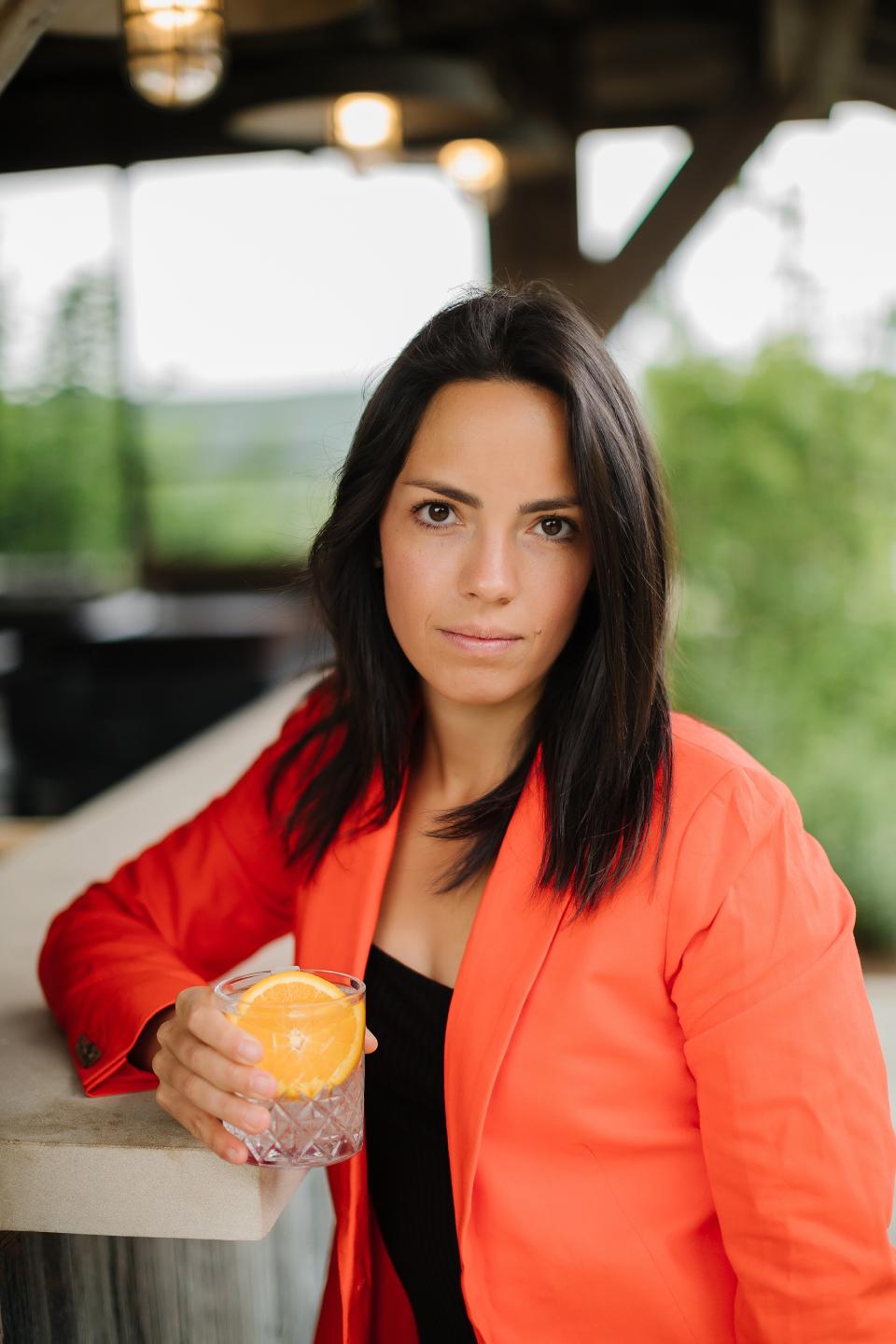
Dafna Mizrahi
CEO and Co-Founder
Curamia Tequila
Curamia Tequila is female-founded and funded. We promote ethical and socially conscious themes such as diversity, inclusion, community focus, social justice, and corporate ethics, in addition to fighting against racial, gender, and sexual discrimination. In a sea of machismo, Curamia stands strong to bridge the cap and include more females in not only the tequila category but in the spirits industry as a whole in leadership roles.
Curamia focuses on the environment and we are mindful in everything we do from start to finish. Curamia uses a distillation process that truly focuses on being environmentally friendly by using a much smaller carbon footprint as well as 100 percent yield versus 70 percent with a traditional method. We use recycled materials as much as possible and all of our signature POS items are made out of clay from Mexico removing the standard plastic component that is industry standard.
Governance for Curamia is a priority. We have created clear rules and controls for the operation of Curamia and hold our team to our standards. We strive to be transparent with everything we do and provide our investors with as much information regarding our goals and trajectory. Setting these standards allows for trust to be built not only within the operations team but with the investors as well. Being transparent also facilitates raising capital.
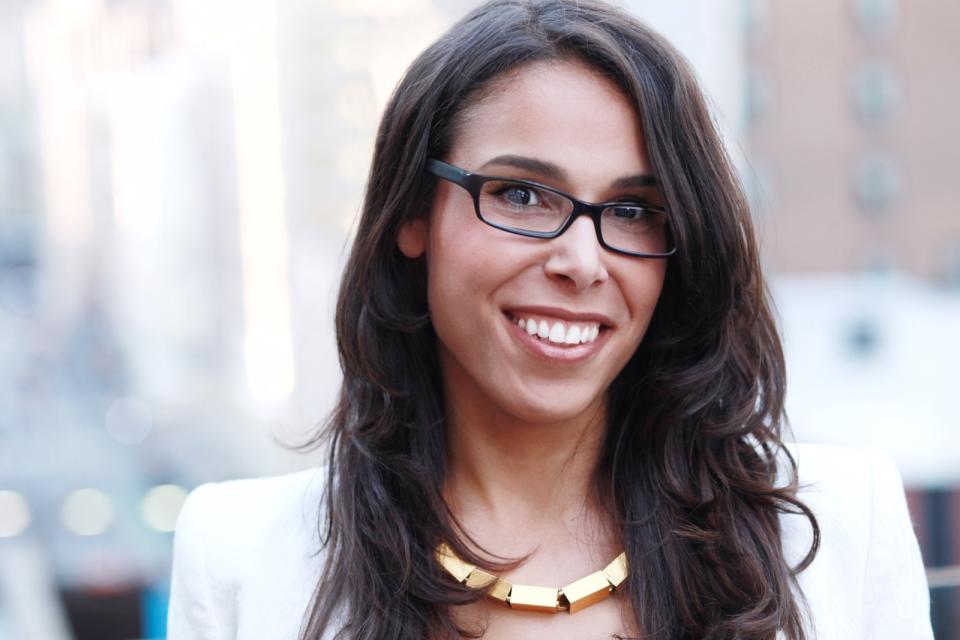
Lisa Morales-Hellebo
Founder and Co-Managing General Partner
Refashiond Ventures: The Industrial Transformation Fund
My life’s work has been focused on the localization of demand chains coupled with circular materials infrastructure. I believe that we should be focusing our time, energy and resources on bottom-up digitization of existing fibers to finished goods factories for real-time operational data, rather than top-down ESG reporting that currently leverages estimates and guesses to calculate impact.
My top 3 recommendations are:
Brands need to support their factory partners’ digitization and deployment of an agile, modular, MES (manufacturing execution system) that connects across their distributed value chain partners, like Refashiond portfolio company Arcstone.
Consumers need to understand that fast fashion, like Shein, is not only cheap because of their touted “on-demand” model, but they are made possible due to lack of regulation and oversight. This ultimately translates to forced labor and use of toxic materials, like asbestos and lead, which should never touch human flesh. What you put on your skin from these unregulated sources is not only killing our planet, but can make you really sick.
Every company should be forging meaningful collaborations across their value chains. Shared resources and transparent stakeholder value chains are the only way we will catalyze the new paradigms needed to continue to exist on this glorious planet. Executives should be making brave choices to lean into their own disruption of the status quo, or they will be left behind, stuck in the old paradigm. The refashioning of our value chains is currently underway, but is massively undercapitalized. The world’s $100 trillion GDP runs on supply chains and it’s no coincidence that according to an HSBC and BCG report, we need to deploy $100 trillion to achieve net zero by 2050. Supply chains and the Cilmate Crisis are opposite sides of the same coin.
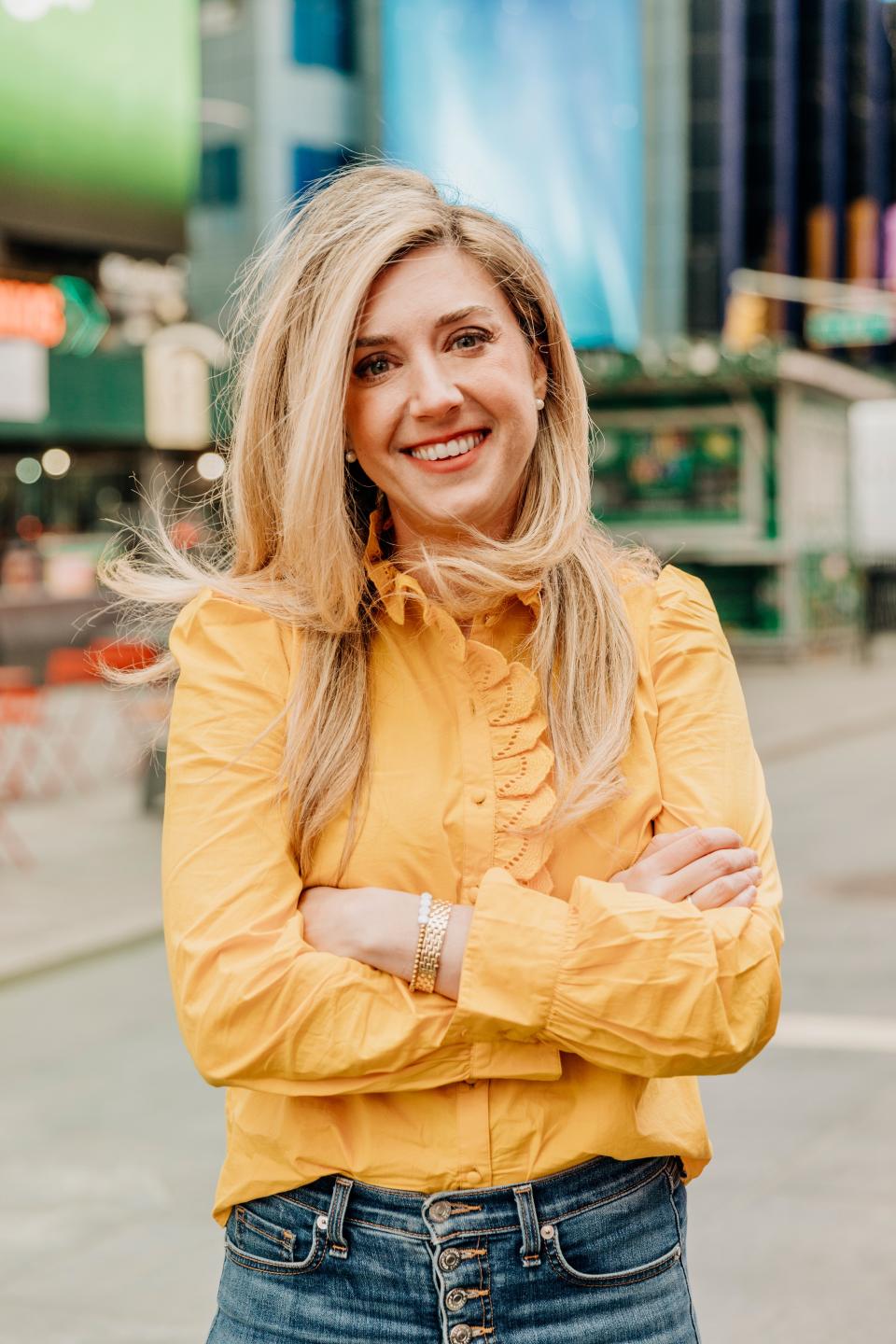
Jane Mosbacher Morris
Found and CEO
To the Market
Elevating the ‘S’ in ESG. Brands are quick to respond to rising consumer demand for environmental impact, yet ethical work practices remain overshadowed in the pursuit of sustainability. Sourcing from factories that emphasize better social standards such as employee health, safety, and wellbeing, should be viewed as a top priority.
Brands must go beyond sustainable materials and look at the environmental footprint of a factory. This means using a more holistic assessment of a factory’s footprint, such as choosing facilities that operate with solar power, rainwater harvesting, or waste reduction programs, which reinforces a more wholly responsible supply chain.
Digitizing the supply chain by bridging communication gaps, mapping product journeys, quantifying order impact, and providing tangible data for visible industry achievements. Automating these processes is rapidly becoming essential for de-risking supply chains.
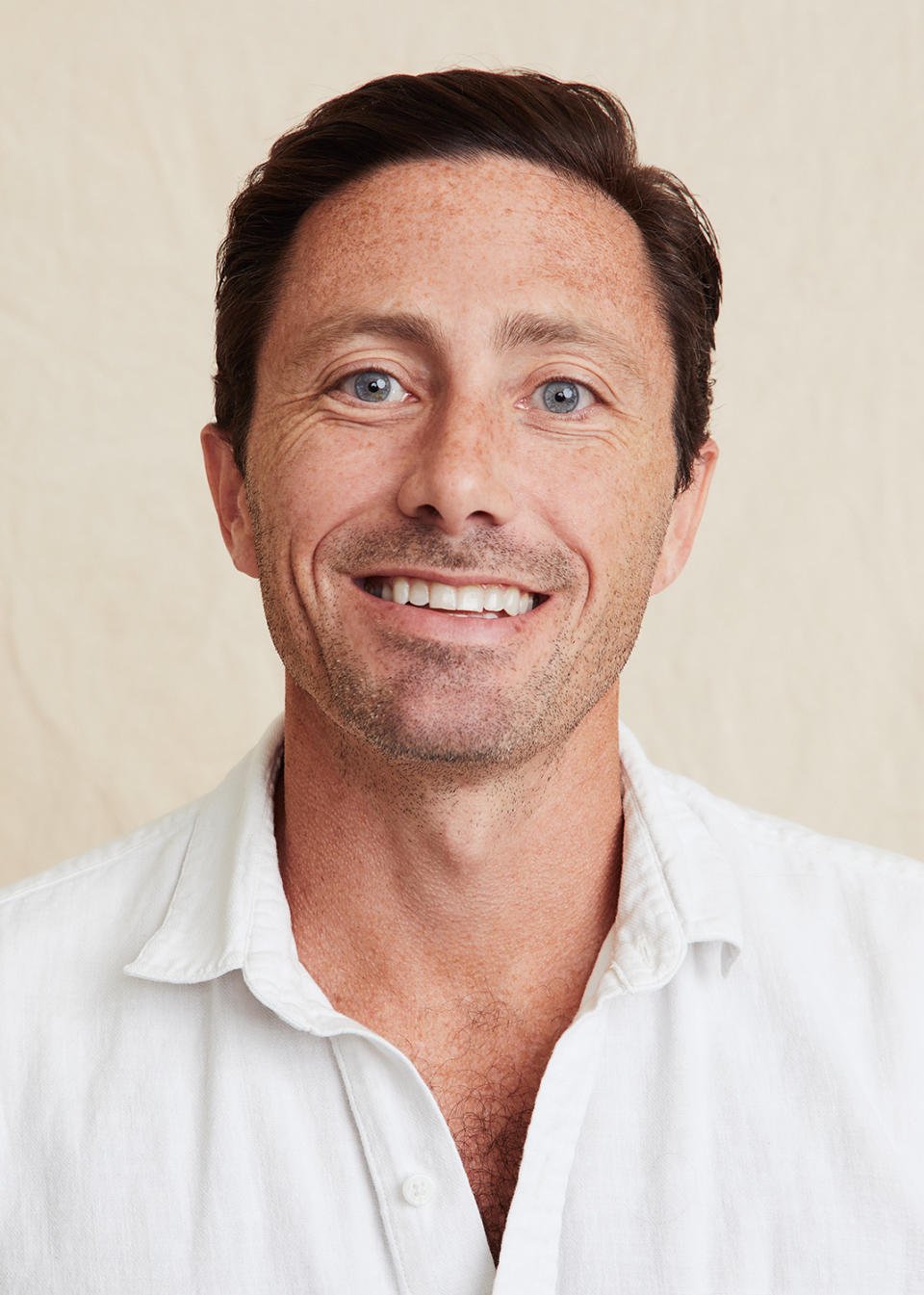
Mike Natenshon
CEO and Founder
Marine Layer
The lowest lift for the customer is just to wear their clothes a bit longer. After that, recycling and upcycling worn-out garments through programs like our Respun initiative is a great option as we can help find the greatest and best use for everything in your closet that’s no longer wearable. Lastly, I think it’s incumbent upon our industry to develop lower-impact materials that meet or exceed customer expectations for quality and fabric performance. Customers are smart when it comes to determining value so we can’t offer a lower quality product and expect them to adopt it simply because it is better for the environment. The materials we’ve developed that are low-impact and exceptional quality have been the biggest wins for Marine Layer.

Nadya Okamoto
Co-Founder
August
As a customer, find opportunities to make sustainable swaps to things that they use in their personal care routine. As a company, be mindful of opportunities to be more sustainable beyond product — eg. with impact commitments and supply chain as an industry, collectively set new standards of care for our world. For example, taking a stand against the tampon tax, making it the bare minimum to be 1 percent for the planet and climate neutral.
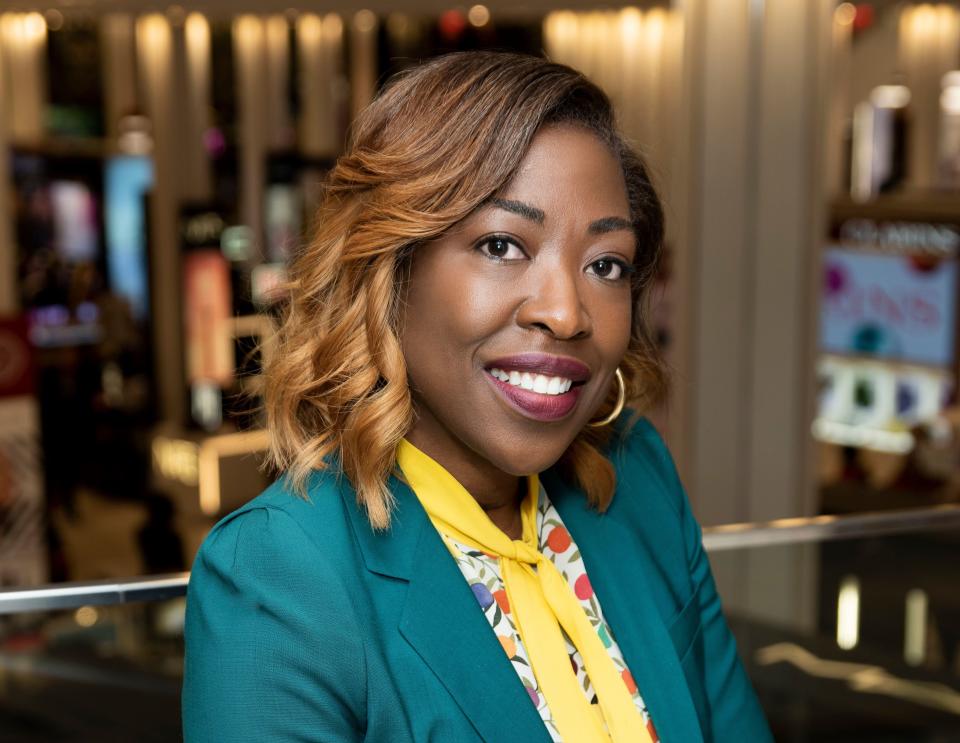
Shawn R. Outler
Chief Diversity, Equity & Inclusion Officer
Macy’s Inc.
At Macy’s, Inc., we are driven by purpose and guided by the idea that everything we do will be with the spirit and requirement of action, transparency and accountability. By prioritizing these values and through our social purpose platform, Mission Every One, we aim to create a brighter future with bold representation for all that empowers more voice, choice and ownership.
Our vision is to be a beacon of diversity, equity and inclusion for our colleagues, customers and communities. I am proud of what our organization has accomplished and am energized by the traction and impact of our programs and practices.

Maya Penn
Global Activist and ESG Entrepreneur
Maya’s Ideas/Upenndo! Productions
I’ve been an activist for sustainability in the private sector since 2008. Now, being 23 years old and having done this work for 15 years, something I don’t see enough is having environmental advocates at all levels of a business including the C-suite. Having one head of sustainability ideating and pitching alone is not enough to turn things around for people and the planet. I also feel that if you are treating sustainability and ethical practices as a chore and not a cornerstone of your business, then you are doomed to fail. Now more than ever we need true industry leaders who will be brave enough to step up to the plate and move with compassion for people, planet, and ecosystems. To understand the strategic value of empathy, nature-based solutions, and thinking outside of the box. It’s time to make Mother Nature a stakeholder.

Harley Preston
Writer and Activist
There is a societal shift happening when it comes to our understanding of gender and Gen Z has the highest percentage of people who identify as trans or non-binary as opposed to previous generations. This is all reflected in how Gen Z shops, as well as which brands they support. This generation of conscious consumers care about a point of view, and it’s time that brands adopt the same. My advice for companies is to hone in on what they stand for. From there, do it authentically both internally and externally. And, in order to do so, it’s imperative to give people of gender variant backgrounds a “seat at the table” to offer the nuances of our experiences and convey what our community needs, as well as what issues we care about.

James Reinhart
Co-founder and CEO
ThredUP
For consumers to make an impact, it’s important to make mindful buying decisions that look beyond functionality and price. Prioritize purchasing products from brands that align with your values or that support causes you care about.
ThredUP is committed to partnering with brands and retailers to help them deliver customizable, scalable resale experiences to customers, who increasingly demand sustainable, eco-conscious products and services. By making it easy to enter the resale ecosystem and build a long-term circular strategy that’s accretive to business, we can encourage brands to reuse more and, eventually, produce less.
Industry players should hold themselves accountable to developing an authentic ESG strategy instead of one that’s merely performative. Tailoring your ESG strategy to align your brand and core values should ultimately drive your business strategy forward and create long-term value.
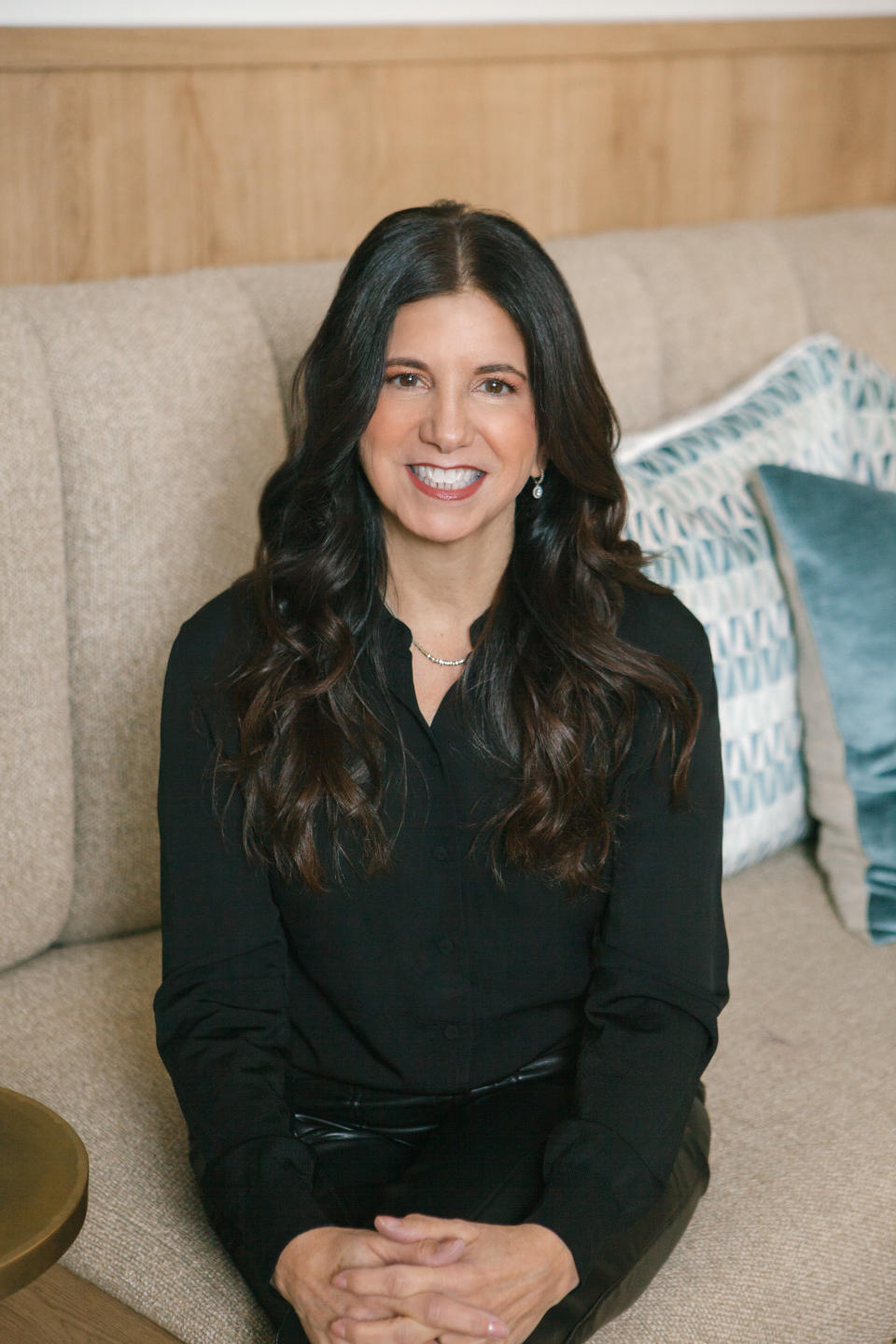
Amy Shecter
CEO
Ever/Body
Ever/Body is a haven for cosmetic dermatology for everybody. Ever/Body’s proprietary education program, a best-in-class training experience for medical practitioners and aestheticians, is designed to deliver safe and effective treatment outcomes while providing minimally invasive cosmetic treatments. Along with excellence in service, the goal is to create an environment for their clients that embraces all communities — every tone, texture, age, gender and body.
While their education program drives positive change for both the company and industry as a whole, Ever/Body also provides education to their clients with their complimentary consultations. Consultations and transparent service information are available on their website and in-center, with no commitment or additional cost, to anyone looking to explore their options. Additionally, the menu was curated with inclusivity in mind — the menu meets the concerns of any client interested in reaching their skin and body goals with cosmetic dermatology treatments.
By offering comprehensive education and curating their menu with inclusivity in mind, Ever/Body is transforming the cosmetic dermatology experience, setting new standards for the industry, and empowering consumers with greater agency over their personal cosmetic journeys.

Cara Smyth
Chair, Fashion Makes Change
Senior Managing Director, Accenture
Firstly, fashion can leapfrog by agreeing on the collective north star, which is a respectful and regenerative ecosystem that supports economics and ecology. By imagining a healthier world both individually and collectively, we can build an industry that supports regenerative agriculture, sources 100 percent of its materials from low-impact sources and drives circularity. We can operate with zero waste and meet energy needs from renewable sources. And we can demonstrate respect for the contributions and creativity of all people in our value chain.
Secondly, retailers, brands and suppliers need to continue engaging with each other, targeting shifts in operations that drive mutual benefit. By chasing the waste out of our processes, we will drive financial and sustainability benefits, unlocking the investments required.
Thirdly, advancing the technology systems and data exchange that allows our community of stakeholders to make better decisions and report on progress will provide the path to resolving our most pressing challenges.

Michelle Tarry
Vice President of Responsible Sourcing and Sustainability
American Eagle Outfitters Inc.
To create real change, it’s important for the apparel industry to continue to work together to address the biggest sustainability challenges in a collaborative way. This includes supporting our upstream supply chains in substantive, impactful ways like working with organizations such as the Sustainable Apparel Coalition.
Additionally, it’s important to align on common approaches and goals like the collective partnership of brands to get suppliers started in setting and working toward science-based carbon reduction targets by 2030 and net zero emissions by 2050. I am very proud of the progress that my colleagues from across retail are achieving as we strive to create a more sustainable future, together.
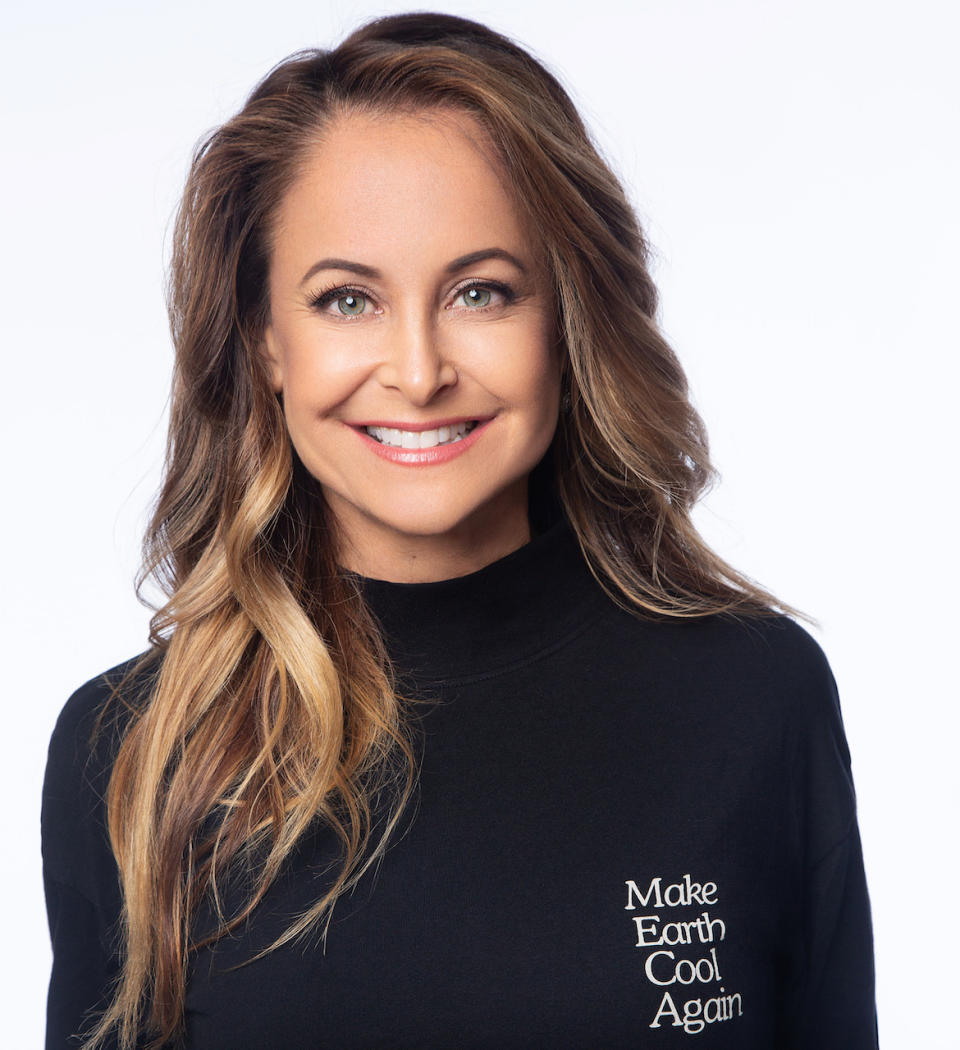
Marci Zaroff
Founder/CEO
Ecofashion Corp
As a pioneer of an ecolifestyle, I believe that consumers, businesses, and the industry alike should all be a part of the solution by: 1) embracing regenerative/organic food, beauty, and fiber, especially as it relates to eliminating toxic inputs and expanding climate-smart agriculture; 2) supporting brands, retailers, and collaboration opportunities to reduce impacts — such as water, energy and chemical use, as well as human exploitation (versus fast food and fast fashion); and 3), driving a circular economy by subscribing to recycling, reusing, reducing, repurposing, resale, renting. It is no longer about doing less harm; we all need to do more good by making better, more positive, cleaner, greener choices—personally and professionally.
Best of WWD

